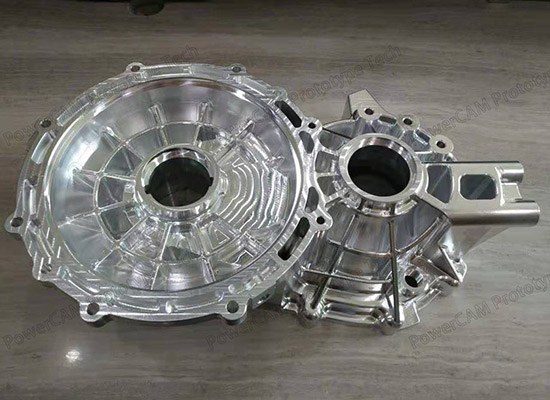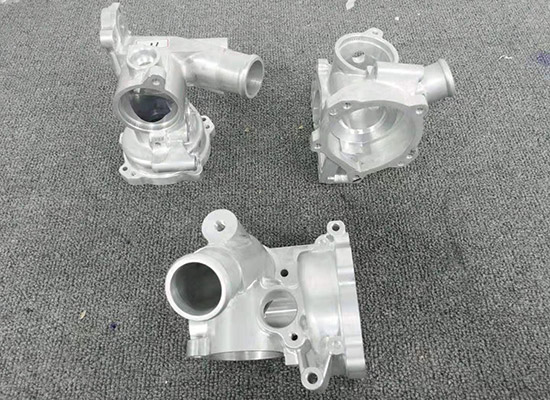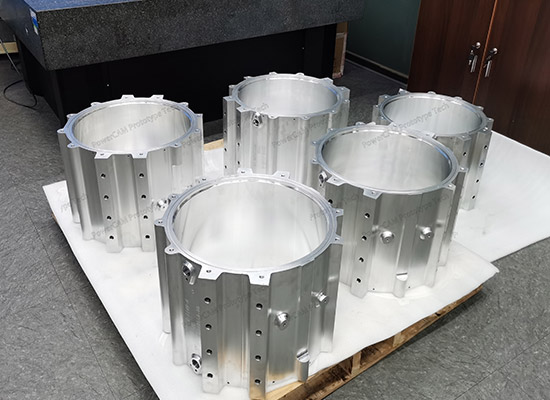Low Density The density of aluminum is 2171 g/cm3, which is about one third of the steel density (7187 g/cm3).
Hardness Many customers are very concerned about the hardness when ordering aluminum alloy machined parts and aluminum alloy hand model. The hardness has a direct relationship with the chemical composition and state of the alloy. The hardness of the aluminum alloy is ranked from high to low: 7 series, 2 series, 4 series, 6 series, 5 series, 3 series, 1 series.
Strength strength is an important factor that must be considered when designing a product. In particular, when an aluminum alloy component is used as a structural component, an appropriate alloy should be selected according to the pressure applied. The strength of pure aluminum is the lowest, and the strengths of heat-treated alloys of 2 and 7 series are the highest. There is a certain positive correlation between hardness and strength.
The Corrosion Resistance Corrosion resistance includes chemical resistance, electrochemical corrosion resistance, and stress corrosion resistance. In general, the corrosion resistance of 1 series pure aluminum is the best, 5 series is good, followed by 3 series and 6 series, 2 series and 7 series are poor, which can be judged, 1 series, 5 series, 3 series, 6 The anodizing effect is good, and the anodizing effect of the 2 and 7 series is poor.
Processing performance Aluminum alloy CNC machining, bending, stretching and other molding processability is very good, cutting performance and alloy composition have a great relationship, usually high strength aluminum alloy cutting performance is better.
Environmental protection Aluminum has a low melting point (660 °C) and is easy to recycle. Conducive to environmental protection and in line with sustainable development strategies.


